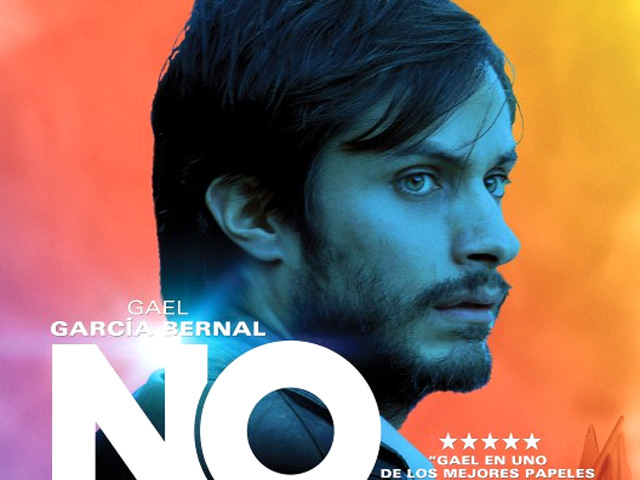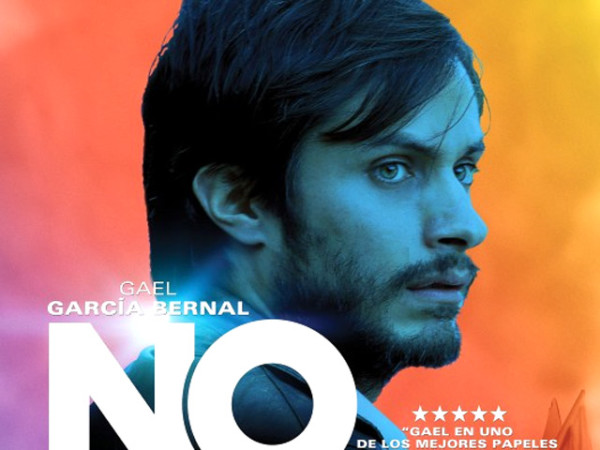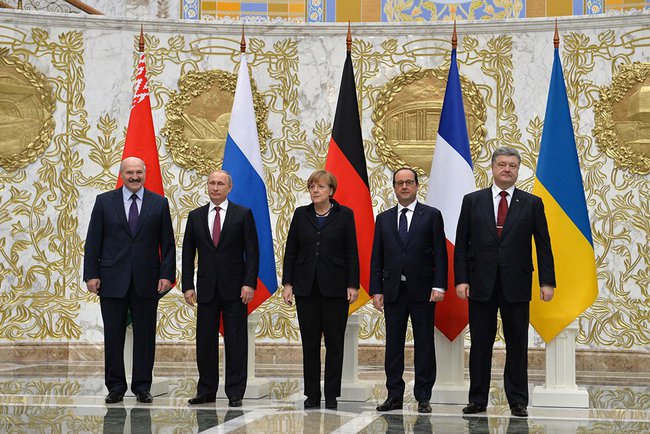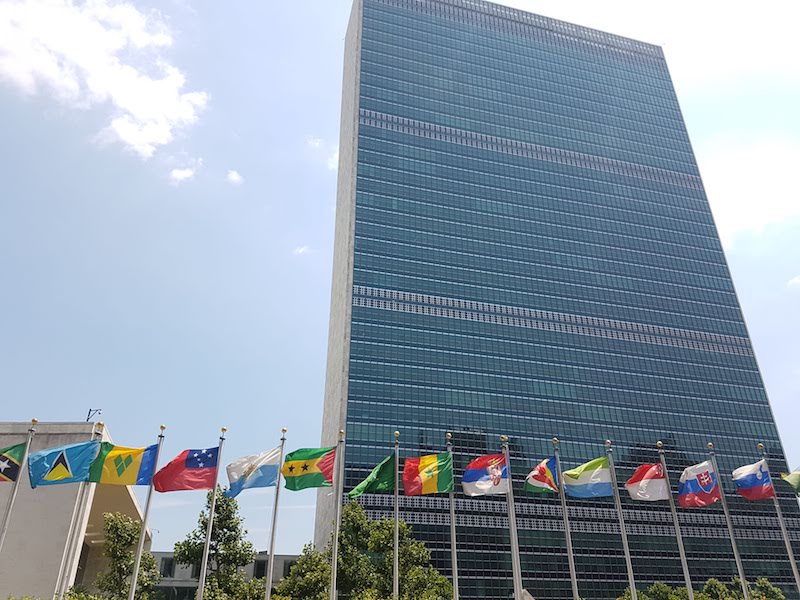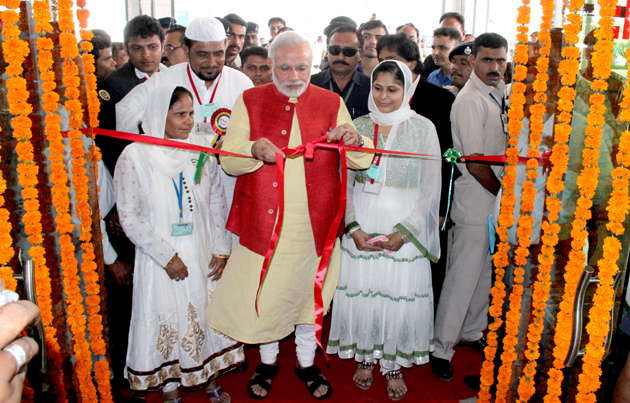From 1973 to 1988, Chile experienced one of Latin America’s (and modern history’s) most repressive dictatorships. The military government, under the leadership of General Augusto Pinochet, enacted far-reaching austerity measures and kidnapped many citizens opposed to them: left-wing politicians, union organizers, journalists critical of Pinochet, and anyone else whose actions the regime deemed “subversive.”
Pablo Larraín’s Movie No, nominated for best foreign film at the 2013 Oscars, gives the audience a glimpse into this era. The film takes place in 1988, nearing the end of the military dictatorship, when, under international condemnation from human rights groups, Pinochet held a referendum in which Chileans could vote whether to extend his hold on power; a majority “Yes” vote would allow Pinochet to remain president for 8 years, a majority “No” vote would force the regime to consider, but not necessarily facilitate, an open, democratic election.
No stars Gael Garcia Bernal (previously seen as Che Guevera in The Motorcycle Diaries) as René Saavedra, a young, successful advertising executive. With initial skepticism, René succumbs to a friend asking him to work for the “No” campaign, risking his private-sector reputation– and his life – in the process.
The film traces the challenges the “No” campaign workers dealt with: arrests, public intimidation, and threats to family members.
Larraín’s film also gives us a glance into the divisions within the “No” campaign. Market-savvy campaigners, like René, wanted to court two significant demographic groups: “young people too disinterested to vote” and the “old people too scared to.” To grasp their attention, René pushes for optimistic advertisements: images of people singing and dancing in the mountains, often times to the theme song “Chile, joy is coming”. In contrast, other “No” campaigners, who likely had relatives and close friends tortured by the regime, are frustrated by René’s ads and their happy-go-lucky imagery. These “No”-team members would have preferred a sobering campaign: ads invoking fear of authoritarianism instead of hope for its demise.
The film takes the audience through the last few days of the referendum campaign, when the “No” team only had 15 minutes of television time per evening to advocate its position. With its end scene – the final vote on October 5, 1988, 55 per cent “No” to “43” per cent “Yes” – the film highlights the “No” team’s marketing prowess and persuasion skills, as it was a campaign that encouraged a traumatized population to vote against a military brutally repressing them. This campaign opened the door for Chile’s 1989 presidential election, the first one since the military took power in 1973.
Using vintage video cameras, Director Pablo Larraín creates effects – shimmering flare and rainbow flickers near the borders of the screen – often associated with the 1980s. Such techniques help the film blend seamlessly between the plot and the actual commercials used in both the “Yes” and “No” campaigns.
Despite Larraín’s attempts to accurately portray the era (at least, aesthetically), many Chileans have critiqued the film for simplifying the country’s return to democracy – a project spanning over a decade and incorporating many people, not just the television gurus.
In addition to the TV ads, the “No” campaign held massive voter registration drives, enabling 92 percent of the electorate to participate in the referendum. This effort, among other “No” campaign initiatives, was not given sufficient attention in the movie, according to some Chile experts.
In an interview with The Atlantic after Larraín’s movie premiered, Genaro Arriagada, an organizer of the real “No” campaign argued, “Pinochet… had the support of all of the army and the support of the business community. We had the students, we had human rights, we had… very well-structured political parties, and we had the people in the streets in order.” By focusing solely on the television campaigns, Lorrain’s film distorted this reality.
Despite its controversy, No offers outsiders a captivating, aesthetically unique glimpse into Chile’s return to democracy—and the lives of some of the people who fought to make it happen.

